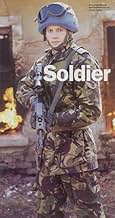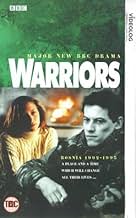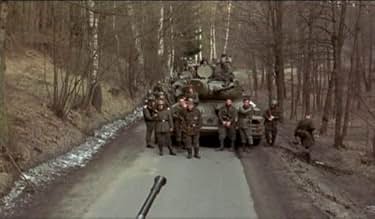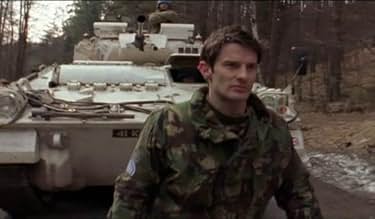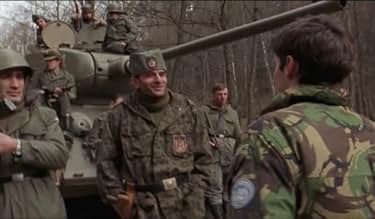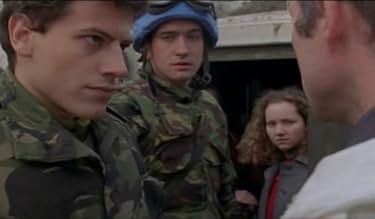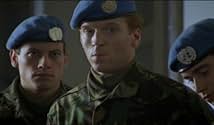After seeing devastating results of ethnic war in former Yugoslavia soldiers from UNPROFOR peace units find it impossible to return back to their civil lives in the UK.After seeing devastating results of ethnic war in former Yugoslavia soldiers from UNPROFOR peace units find it impossible to return back to their civil lives in the UK.After seeing devastating results of ethnic war in former Yugoslavia soldiers from UNPROFOR peace units find it impossible to return back to their civil lives in the UK.
- Won 2 BAFTA Awards
- 11 wins & 6 nominations total
Featured reviews
But one must bare in mind that the events depicted here is just in One particular region of Bosnia. Here it happenes to be the British-sector in the Travnic, Vitez, Amichi area. Some incidents I know happened (like the burned victims in the cellar) and some are most likely made up, but surely with the intent of realism in mind. Here obviosly the Serbs outnumbered the Muslims and therefor had most of the control. This I mention because after reading two comments here, both from Bosnia oe most likely to be Serb (saying that the depictions in this film are "black and white" portrayed) and one Muslim (Finding the film to be very realistic, having lived through the whole war in Sarajevo.)
Having been in bosnia myself I think I can appreciate this film more. Being shot in Tsjekkia it still looks very much like Bosnia. Although it was wery calm there then (in -99),long after the war was over. The UN had been replaced by the NATO forces(maybe a bit too late). But the work consisted of pretty much the same(except for the extreme tasks given as the result of war off cource) , driving around in our "sizu`s", working with local interpreters and keeping in touch with the local population. The following year I went to Kosovo, a more recent conflict. During that war NATO bombed Serbia in protest of the treatment given to the Albanians in Kosovo. When we arrived(early 2000) the situation had turned to the opposite and it was mostly the Serbs who had to be kept safe of the Albanians, who had started returning to Kosovo.
So I agree that there is no such thing as a "black and white" explanation of the tragedy. There was surely bad deeds made by all "sides", as in every war.
Film rates 10/10!
I notice that some of the comments suggest that it is anti-Serb. Well, some of the "baddies" are Croat. (The scene with the lorry-load of bodies near the end of the Bosnia scenes is a case in point.)
Perhaps it's pro-Muslim, but I think anyone watching it will realize that it is not a "goodies" and "baddies" film.
Does the film advocate military intervention on a grand scale? No.
Does it show the futility of delivering food parcels to people who are about to be massacred? Yes.
There are no easy answers to the questions asked by this film. You should watch it and remember that this all happened in a "civilized" European country, just a few years ago.
The evil shown is not Serb or Croat or Muslim evil. The evil is hate, that betrays God.
At our church, a visiting priest explained that he would not be visiting again for a few months, because he is an army chaplain and his unit was off to Kosovo. Kosovo is a different fall-out from Yugoslavia, but, having seen this film, I prayed long and hard for him.
Don't miss it and be prepared to be upset.
Did you know
- TriviaThe Ministry of Defence assisted the production by providing Warrior armoured vehicles with crews during filming in the Czech Republic.
- Quotes
Pvt. Alan James: Get your dick out. Come on, let's see your dick. Or are you a eunuch? Did your mother bite it off when you were having sex? You want to rape me? Come on, speak to me. Why are you letting me insult you? I thought you were a man. Come on, fucker. You and me mate.
- Crazy creditsEpisode 1 did not have a closing-credits sequence, just a "To Be Continued" caption and a BBC copyright year.
- ConnectionsFeatured in Points of View: Episode #33.6 (1999)

